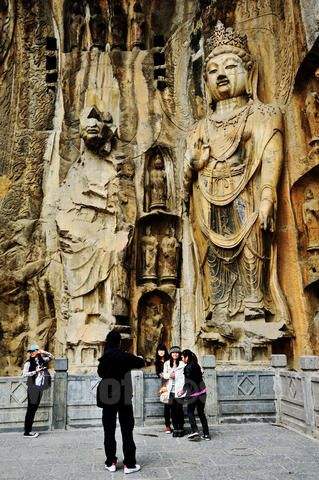Culture, nature

遗子黄金满籯,不如教子一经
A classic book is more precious to a child than a basketful of gold.
The proverb is commonly used to mean that parents should attach more importance to children’s education than leaving them money.
采玉者破石拔玉,选士者弃恶取善
As the lapidary breaks the stones to take out the gem, so those who select the scholars reject the bad and keep the good.
The proverb emphasizes the importance of talent and avoiding a brain drain.
饮水思源,缘木思本
When drinking water, one should think of its source; when climbing a tree, one should think of its root.
The proverb means that one should not forget where their blessings come from.
腹有诗书气自华
When the mind is loaded with learning, behavior will be elegant.
The proverb suggests that knowledge can help improve a person’s morality.
靠山吃山,靠水吃水
People who live on a mountain live off the mountain, and those who live near the water live off the water.
The proverb means that one should make use of the local resources.
景不为曲物直,响不为恶声美
Shadows of curving things cannot become straight, and echoes of cacophony cannot become euphonious.
The proverb means that the presentation of a thing is determined by its nature; it is also a warning that one should be careful about behavior because those affected by the behavior often can do nothing about it.
